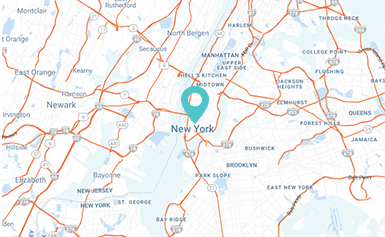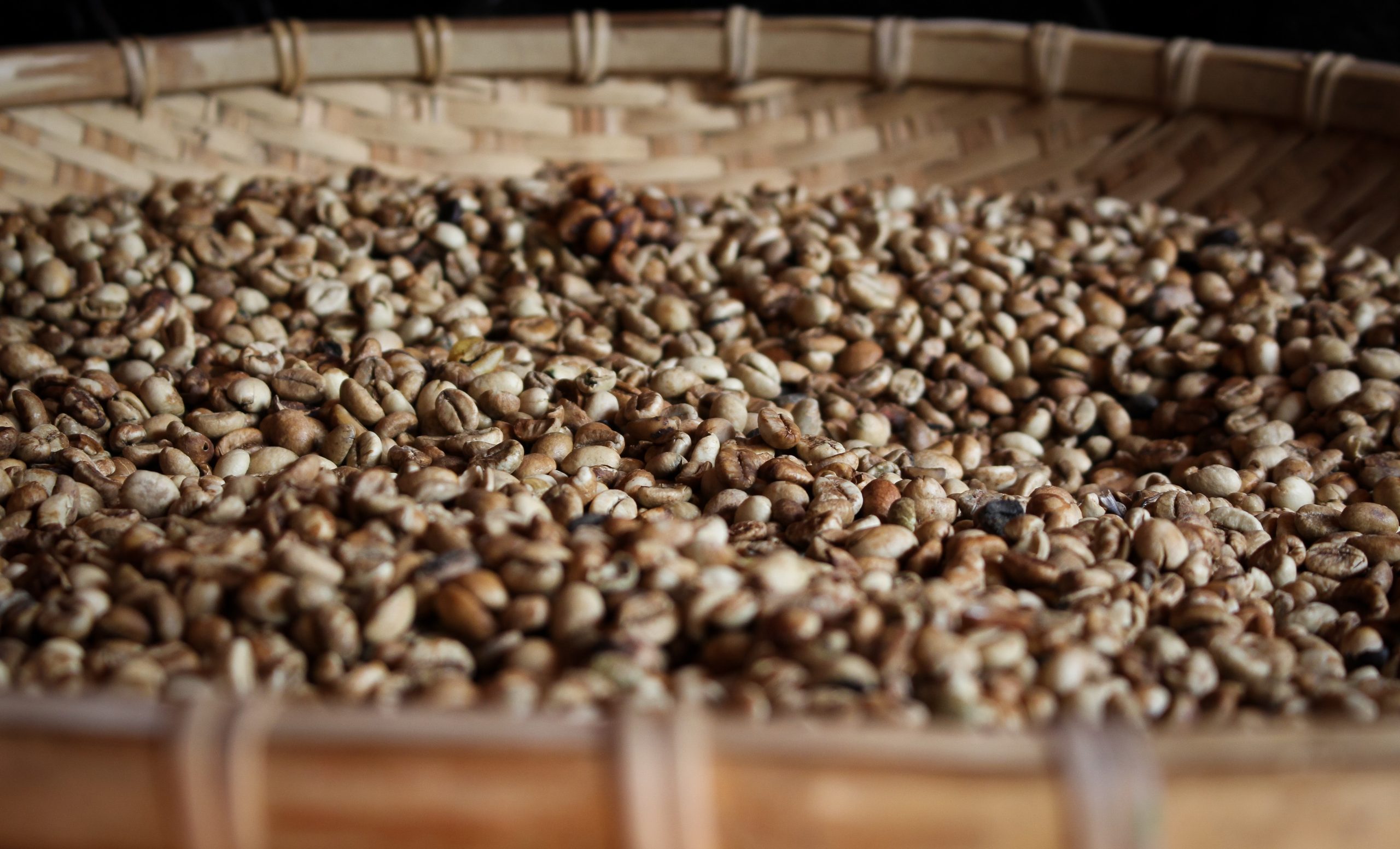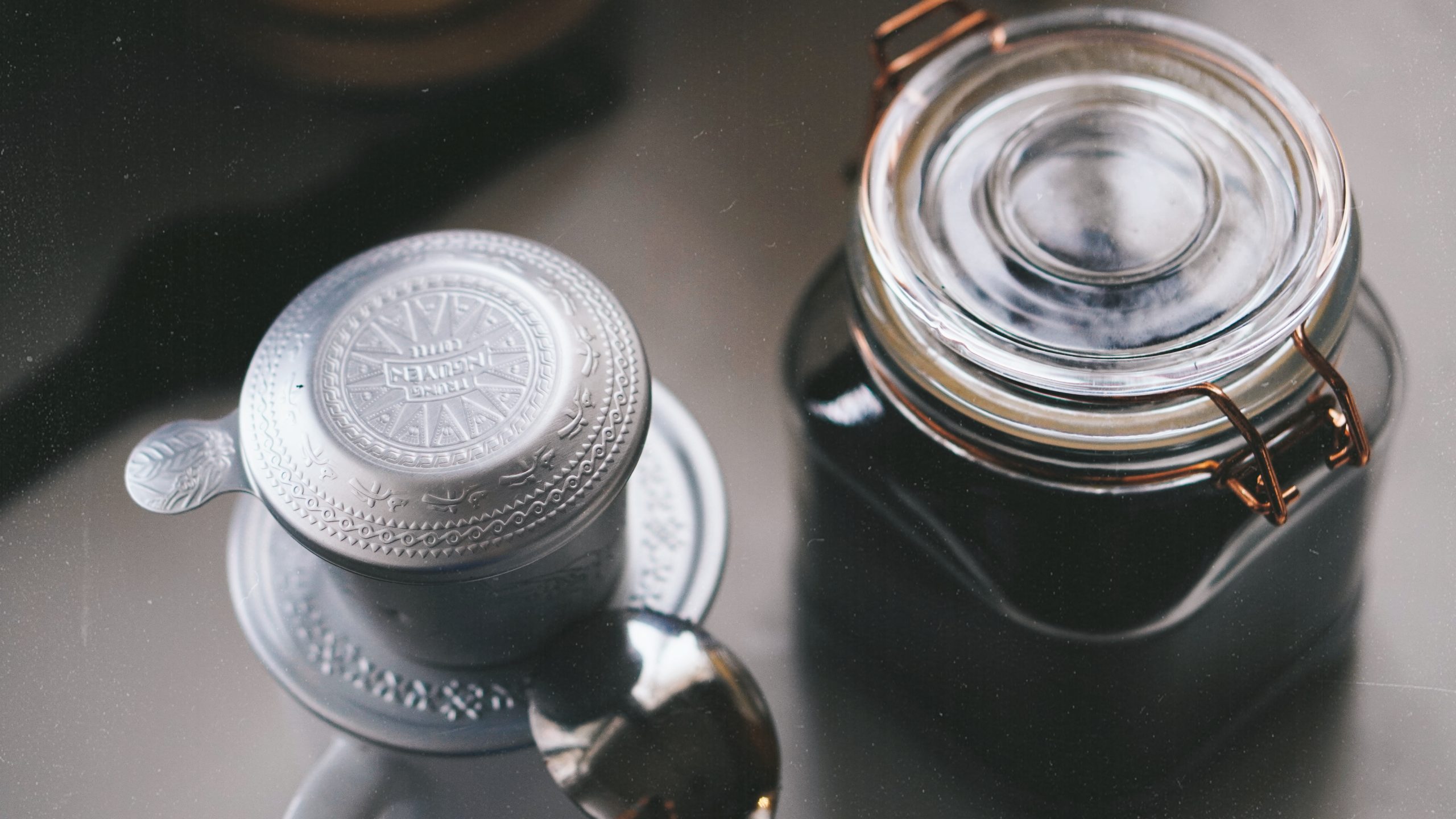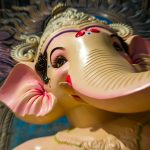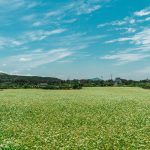Sipping Stories: Exploring the Essence of Vietnamese Coffee Culture
When it comes to coffee, Vietnam is not only a country of breathtaking landscapes, vibrant street markets, and rich history but also a land that has perfected the art of brewing coffee over generations. From the bustling streets of Hanoi to the serene landscapes of Dalat, Vietnamese coffee culture is an integral part of daily life, offering a sensory journey like no other. Join Green Sun Travel on an expedition through the world of Vietnamese coffee, where tradition meets innovation, and every cup tells a story.
Vietnamese Coffee Culture
Coffee, a Cultural Legacy
As you set foot in Vietnam, you’ll quickly realize that coffee isn’t just a beverage; it’s a way of life. Introduced by French colonialists in the 19th century, coffee quickly became deeply rooted in Vietnamese culture. The coffee-drinking tradition here is a fusion of French and Vietnamese influences, resulting in a unique and captivating experience.
Beans and Blends
Vietnam is the second-largest coffee producer in the world, renowned for its Robusta beans. The Central Highlands, including Buon Ma Thuot and Da Lat, are the heart of coffee production in the country. Here, lush coffee plantations stretch as far as the eye can see, offering a stunning backdrop for your coffee adventure. You’ll discover the meticulous process of harvesting and processing coffee beans, which ensures a consistent and bold flavor.
The Brewing Ritual

The Vietnamese coffee culture and ritual is an art form in itself. Coffee is often brewed using a drip filter, which slowly releases hot water over a bed of ground coffee. The result is a rich, dark brew that’s strong and flavorful. Condensed milk or sugar is commonly added, creating a harmonious balance between bitterness and sweetness that’s uniquely Vietnamese. Enjoy your coffee in the midst of bustling street markets, tranquil lakesides, or cozy cafes—each setting offering a different perspective on this beloved beverage.
Street Coffee Culture
One of the most enchanting aspects of Vietnamese coffee culture is its street-side cafes. These tiny, unassuming establishments, often referred to as “ca phe phin,” line the sidewalks, inviting locals and travelers alike to engage in conversations and people-watching. The ambiance is lively, and the coffee is served strong and hot. Don’t forget to try the famous egg coffee in Hanoi or coconut coffee in Ho Chi Minh City; each city has its unique spin on this caffeinated delight.
Coffee and Conversation
Vietnamese coffee culture is not just about the beverage; it’s about the connections it fosters. The act of sharing a cup of coffee transcends language barriers and is a genuine expression of hospitality. Engage in conversations with locals, learn about their lives, and gain a deeper appreciation for the warmth and generosity of the Vietnamese people.
Buon Ma Thuot: Unveiling the Coffee Capital of Vietnam
Nestled in the heart of the Central Highlands of Vietnam, there exists a city that holds a special place in the world of coffee lovers. Buon Ma Thuot, often referred to as the “City of Coffee,” is a destination where coffee is not just a beverage; it’s a way of life. Join me as we explore the enchanting city of Buon Ma Thuot, where coffee culture thrives and every corner exudes the aroma of freshly roasted beans.
The Coffee Legacy
Buon Ma Thuot is the epicenter of Vietnam’s coffee production. This city’s coffee legacy dates back to the late 19th century when French colonists introduced coffee cultivation to the Central Highlands. Over the years, the fertile soils and favorable climate have transformed Buon Ma Thuot into the largest and most renowned coffee-producing region in the country.
Coffee Plantations
As you journey through Buon Ma Thuot’s lush countryside, you’ll encounter endless stretches of coffee plantations that seem to touch the horizon. These emerald-green fields are where the magic happens, where coffee cherries are nurtured, handpicked, and transformed into the world-class beans that make Vietnamese coffee so special. Visitors can often tour these plantations, gaining first hand insight into the coffee cultivation process.
The Dak Lak Coffee Museum
To truly understand the significance of coffee in Buon Ma Thuot, a visit to the Dak Lak Coffee Museum is a must. This captivating museum not only showcases the history of Vietnamese coffee culture but also allows you to trace its journey from bean to cup. You’ll have the chance to learn about traditional and modern coffee-making techniques and appreciate the artistry behind every cup.
Coffee Culture Cafes
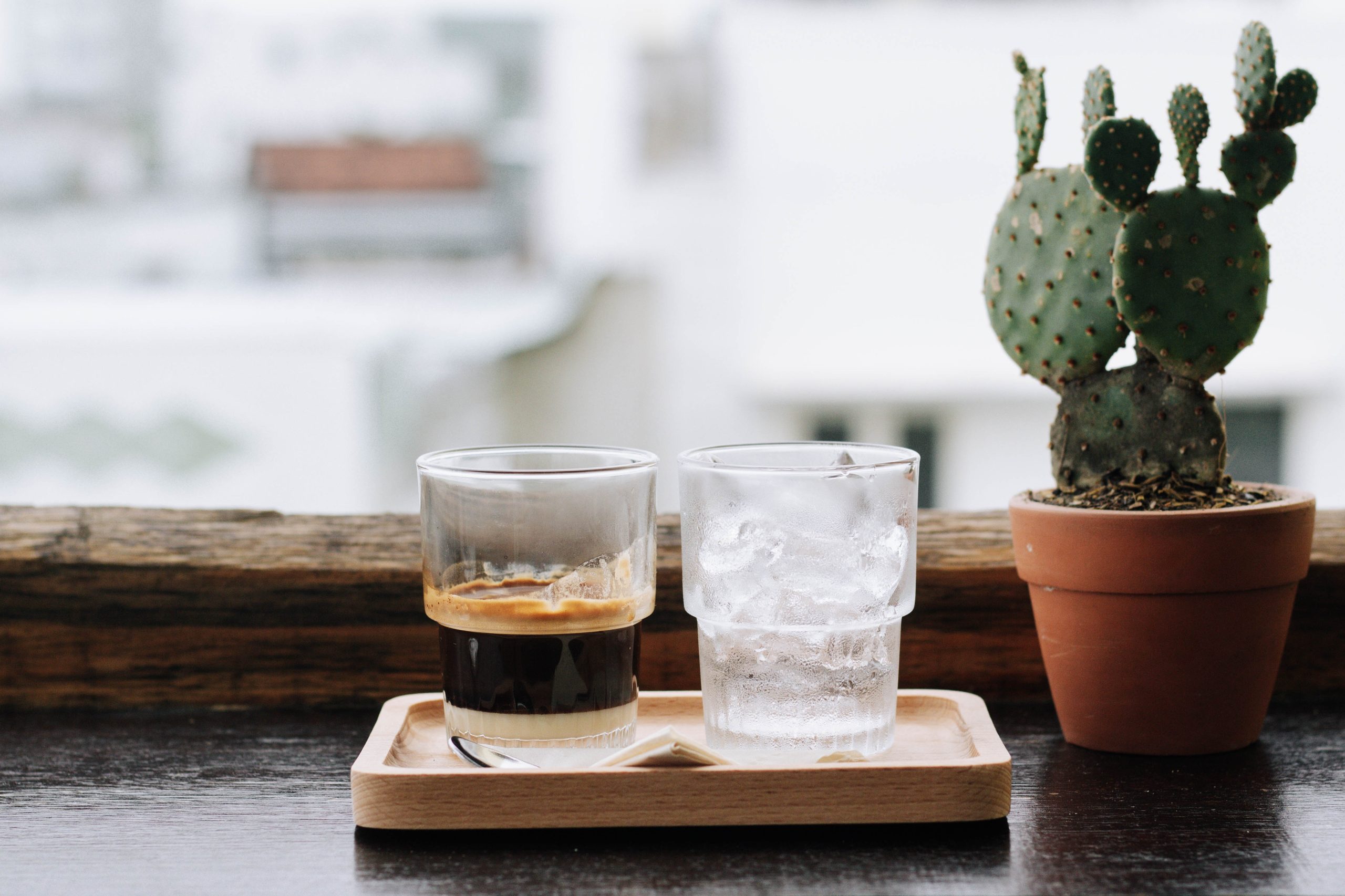
In Buon Ma Thuot, coffee isn’t just a commodity; it’s a cultural experience. The city is home to a thriving cafe scene, offering a diverse range of coffee houses where you can savor the finest Vietnamese brews. Whether you prefer the aromatic and robust flavor of traditional drip coffee or the unique twists and flavors that local cafes offer, you’ll find a coffee experience that suits your palate.
The Coffee Festival
Buon Ma Thuot proudly hosts the biennial Buon Ma Thuot Coffee Festival, a celebration of all things coffee. This lively event features coffee exhibitions, cultural performances, coffee competitions, and an array of delicious coffee-infused dishes. It’s the perfect opportunity to immerse yourself in the vibrant coffee culture of the city.
Conclusion
Vietnamese coffee culture is a rich tapestry of history, tradition, and community. It’s a journey that transcends the simple act of drinking coffee and immerses you in the heart and soul of Vietnam. From the fertile coffee plantations to the bustling street-side cafes, every sip of Vietnamese coffee tells a story, and every encounter with locals is a lesson in hospitality. It’s a culture that leaves an indelible mark on your senses and your heart, inviting you to savor the essence of Vietnam, one cup at a time.


